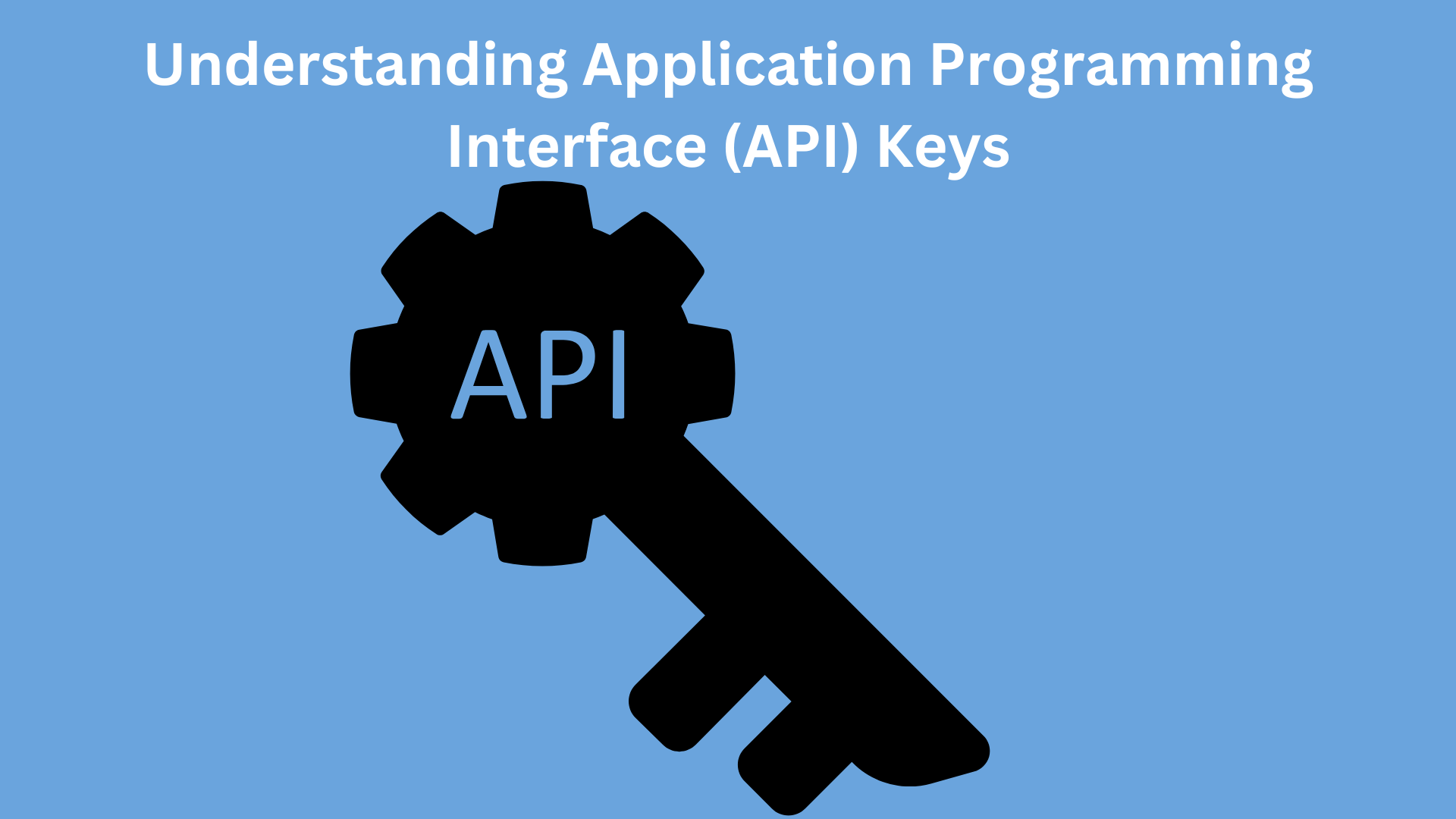Understanding Application Programming Interface (API) Keys
In the world of software development, Application Programming Interfaces (APIs) play a crucial role in enabling communication between different software systems. APIs allow developers to access the functionality of a service or platform programmatically, which is essential for building modern applications. However, to access an API, developers often need to provide an API key, which serves as a unique identifier and is used to authenticate and authorize access to the API. In this blog post, we will explore the concept of API keys, their importance, and best practices for managing them.

What is an API Key?
An API key is a unique string of characters that is used to authenticate requests made to an API. When a developer wants to use an API, they must include their API key in the request headers or parameters. The API key serves as a token that identifies the developer and allows the API to verify their identity and grant access to the requested resources.
Why are API Keys Important?
API keys are important for several reasons:
API keys help ensure that only authorized users and applications can access the API. By requiring a valid API key, API providers can protect their services from unauthorized access and potential security threats.
API keys are often used to enforce rate limits, which control the number of requests that can be made to an API within a certain time period. Rate limiting helps prevent abuse of the API and ensures fair usage by all consumers.
API keys allow API providers to track and monitor usage of their API. This data can be used to analyze traffic patterns, identify potential issues, and optimize the API for better performance.
API keys can be used as part of a monetization strategy for APIs. By requiring developers to use a paid API key for access to premium features or higher usage limits, API providers can generate revenue from their API.

Best Practices for Managing API Keys
To ensure the security and effectiveness of API keys, consider the following best practices:
API keys should be treated like passwords and kept secret. Avoid hardcoding API keys in your application code or storing them in version control systems.
Store API keys in environment variables rather than directly in your code. This helps keep them secure and allows for easy configuration across different environments.
Regularly rotate API keys to minimize the risk of unauthorized access. Consider implementing a process for generating and distributing new API keys securely.
Create API keys with the minimum permissions necessary for the intended use. This reduces the impact of a compromised API key and helps enforce the principle of least privilege.
Conclusion
API keys are a fundamental aspect of modern software development, enabling secure and controlled access to APIs. By understanding the importance of API keys and following best practices for managing them, developers and businesses can ensure the security and effectiveness of their APIs.
FAQs
Q: What is the difference between an API key and an access token?
A: An API key is typically a static string used for authentication, while an access token is a temporary credential that grants access to specific resources for a limited time. Access tokens are often used in OAuth-based authentication flows.
Q: Can API keys be revoked or invalidated?
A: Yes, API keys can usually be revoked or invalidated by the API provider. This can be done for security reasons or to enforce usage policies.
Q: Are there alternatives to API keys for authentication?
A: Yes, there are alternative authentication mechanisms, such as OAuth tokens, JWT (JSON Web Tokens), and client certificates, depending on the API and its security requirements.
Q: How should API keys be stored and managed in production environments?
A: API keys should be stored securely, such as in a secure vault or key management system. They should not be hard-coded in application code or stored in plain text.
Q: Can API keys be shared among multiple developers or applications?
A: It is generally not recommended to share API keys among multiple developers or applications, as this can lead to security risks and difficulties in tracking usage. Instead, each developer or application should have its own API key.